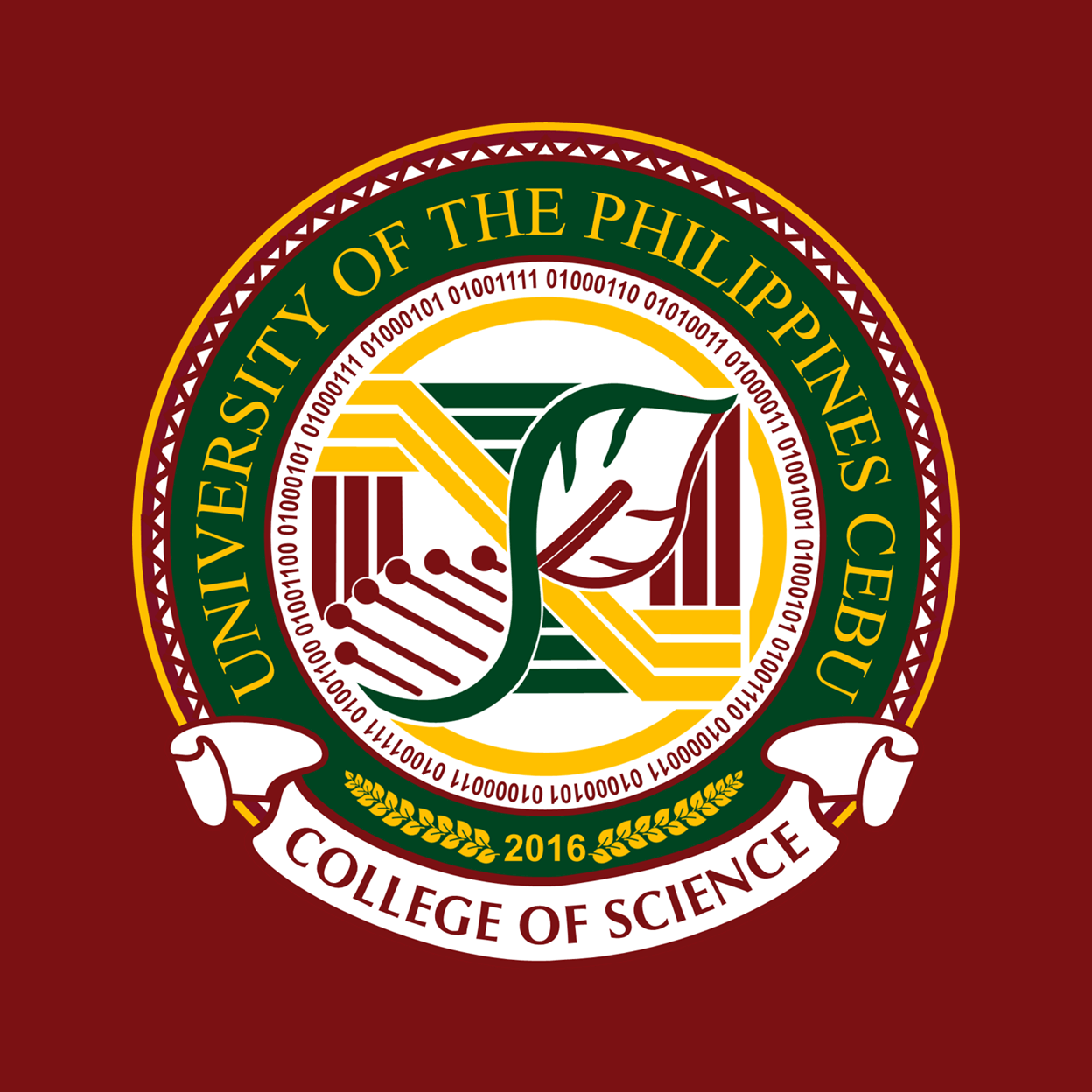Continued mining of natural products from the strain Streptomyces sp. MA37 in our laboratory led to the discovery of a minor specialized metabolite (SM) called accramycin A. Owing to its low yield (0.2 mg/L) in the wild type strain, we investigated the roles of regulatory genes in the corresponding biosynthetic gene cluster (acc BGC) through gene inactivation with the aim of improving the titer of this compound. One of the resulting mutants (∆accJ) dramatically upregulated the production of accramycin A 1 by 330-fold (66 mg/L). Furthermore, ten new metabolites, accramycins B–K 2–11, were discovered, together with two known compounds, naphthacemycin B1 12 and fasamycin C 13 from the mutant extract. This suggested that accJ, annotated as multiple antibiotic resistance regulator (MarR), is a negative regulator gene in the accramycin biosynthesis. Compounds 1–13 inhibited the Gram-positive pathogens (Staphylococcus aureus, Enterococcus faecalis) and clinical isolates Enterococcus faecium (K59-68 and K60-39) and Staphylococcus haemolyticus with minimal inhibitory concentration (MIC) values in the range of 1.5–12.5 µg/mL. Remarkably, compounds 1–13 displayed superior activity against K60-39 (MIC = 3.1–6.3 µg/mL) compared to ampicillin (MIC = 25 µg/mL), and offered promising potential for the development of accramycin-based antibiotics that target multidrug-resistant Enterococcus clinical isolates. Our results highlight the importance of identifying the roles of regulatory genes in natural product discovery.

Recent Comments